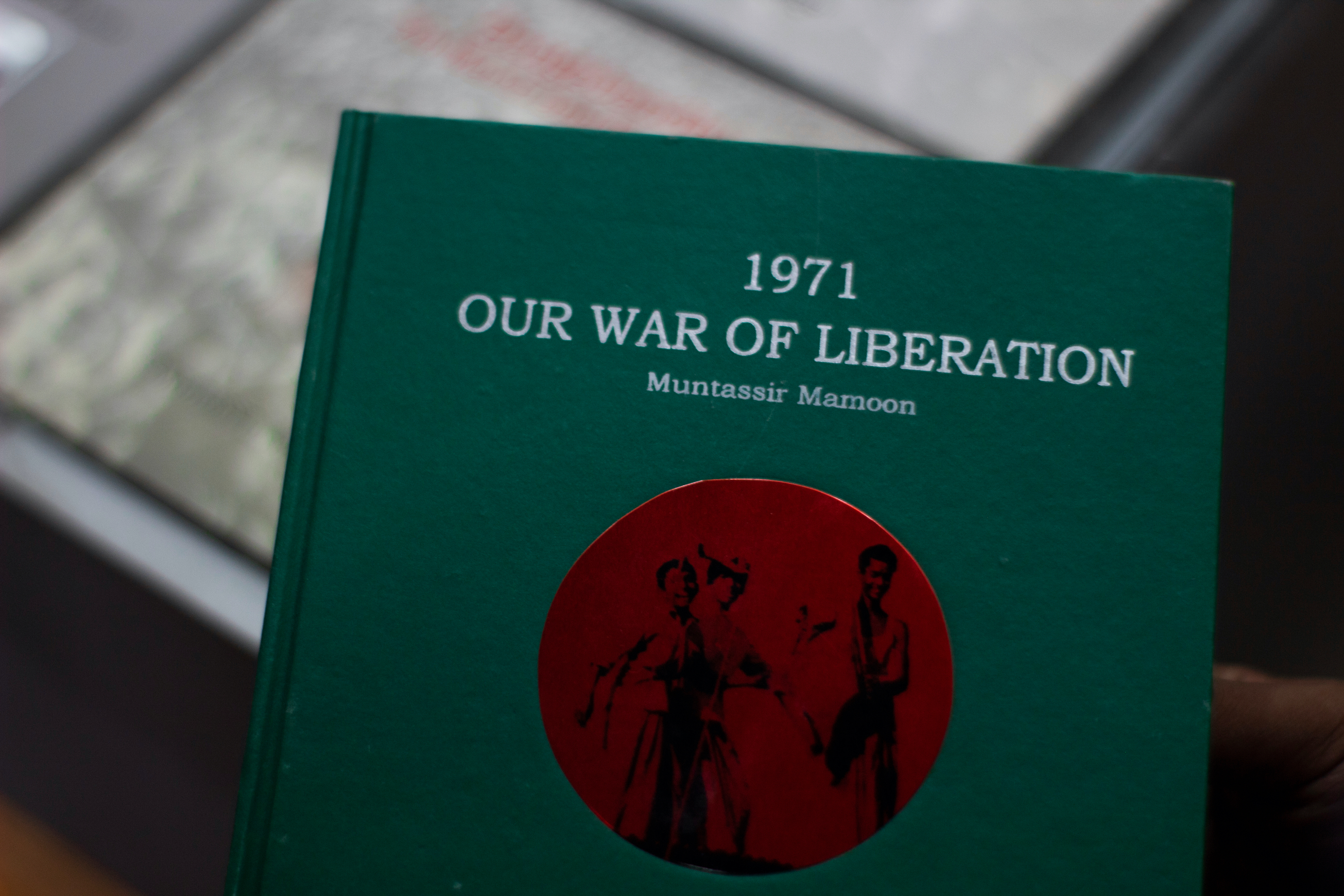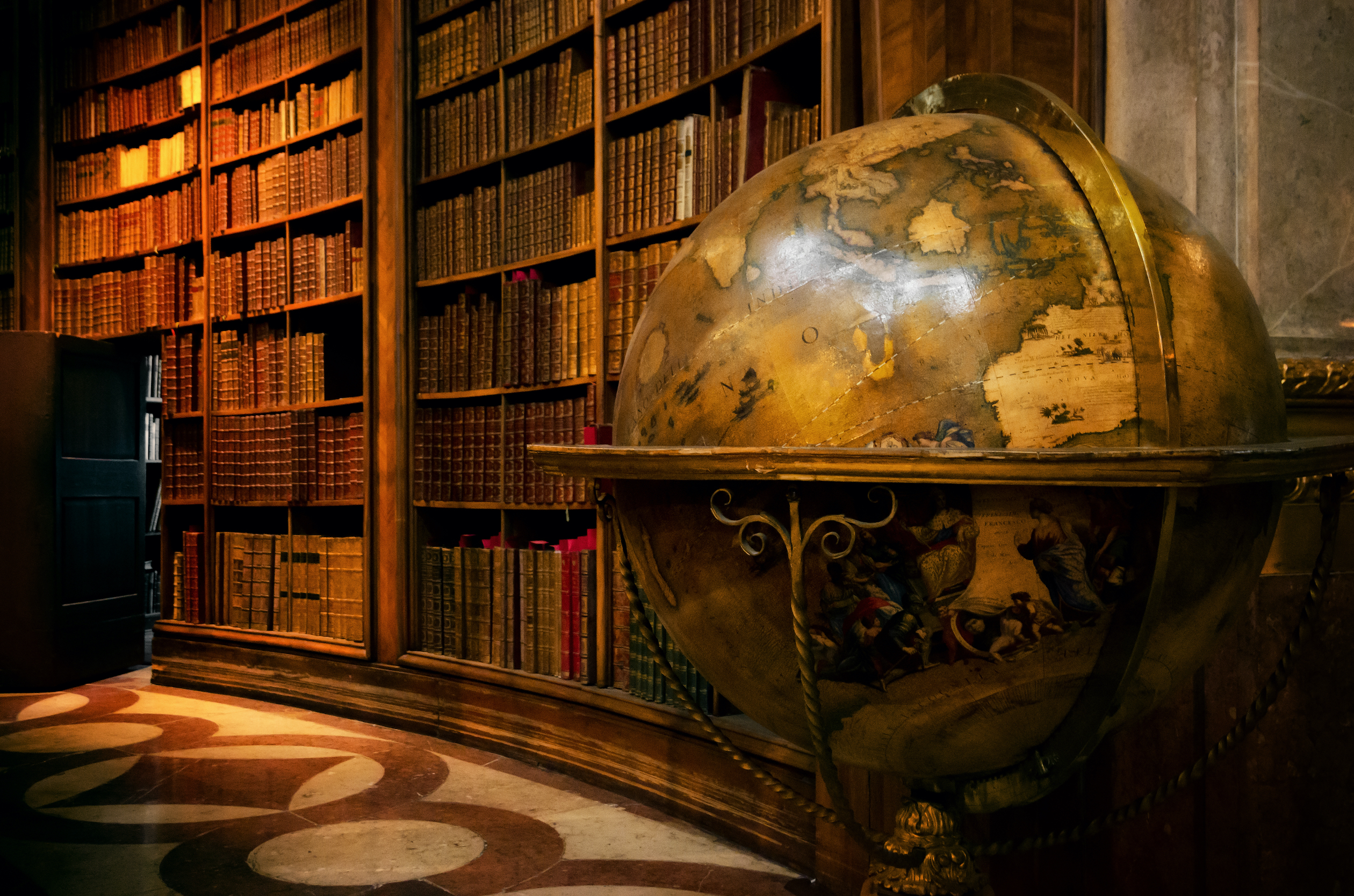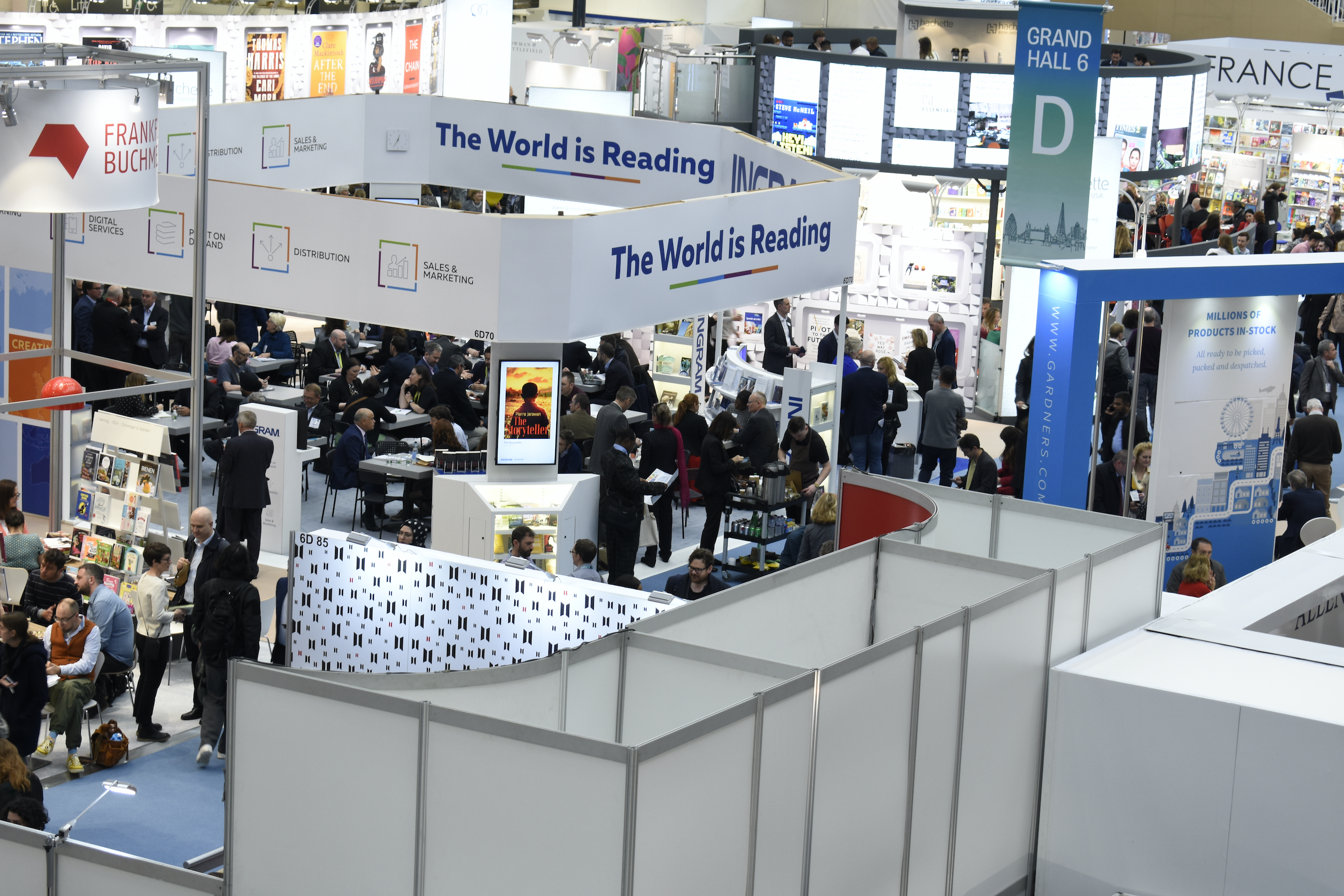Throughout the 1950s to the 1970s, more than a third of the world’s nations received or claimed their independence from the European colonial powers. This era of decolonisation occurred across South Asia, Africa, the Caribbean and other locations. During this time, literature became an essential front in the struggle for independence, both in terms of decolonisation and national identity in a post-colonial order.
This is a vibrant and essential period in terms of literary production. I’ve always been fascinated by how this period’s literature shaped the struggle for independence and how this struggle took place in the Cold War context.


